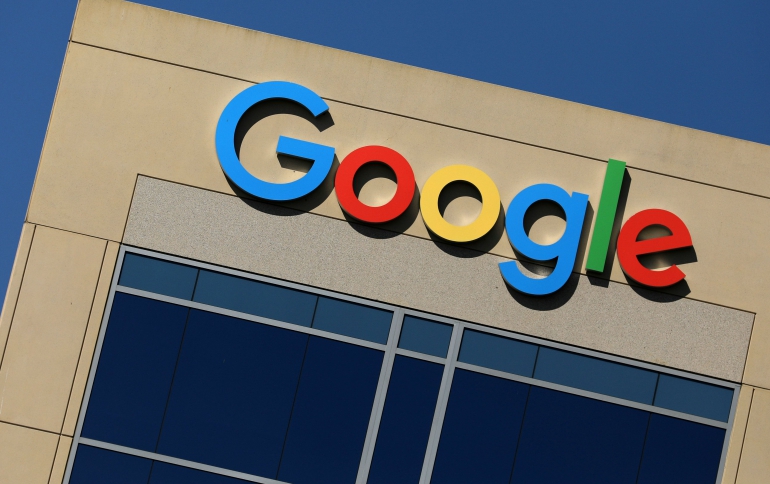
EC Gives Google Privacy Guidelines
European Union privacy regulators want Google to make its privacy policies easier to find and understand, clarify what data it holds, in order to comply with EU law.
The search giant has received recommendations from the Article 29 Working Party (WP29), a group for European data protection authorities. While WP29 has no power to sanction the company, its members have imposed fines in a number of cases following Google's 2012 changes to its privacy policy, which several national privacy regulators found breached EU rules.
In a letter sent to Google's CEO Larry Page, the WP29 is offering guidelines containing a common list of measures that Google could implement in order to mane its privacy policy compliant with European Data Protection legislation.
The guidelines are just one way the company could comply with the law, and are not compulsory, but neither do they pre-empt enforcement actions by national authorities, the WP29 said, adding that it remains open to discussing any other measures that Google would propose to address the legal requirements.
The data protection authorities want Google to make its privacy policy immediately visible and accessible from each service landing page, and provide an address at which users can contact the company to exercise their rights.
The privacy policy should have clear and comprehensive information regarding data processing, they said, including an exhaustive list of the types of personal data processed.
In order to allow users to control the use of their personal data, Google must also provide them with more elaborate tools to manage their personal data and to control the usage of their personal data between all Google services, WP29 said. This could be done by making the current dashboard more accessible and including all Google services in that dashboard.
The WP29d has not set any deadline for Google to respond to the suggestions.
In a letter sent to Google's CEO Larry Page, the WP29 is offering guidelines containing a common list of measures that Google could implement in order to mane its privacy policy compliant with European Data Protection legislation.
The guidelines are just one way the company could comply with the law, and are not compulsory, but neither do they pre-empt enforcement actions by national authorities, the WP29 said, adding that it remains open to discussing any other measures that Google would propose to address the legal requirements.
The data protection authorities want Google to make its privacy policy immediately visible and accessible from each service landing page, and provide an address at which users can contact the company to exercise their rights.
The privacy policy should have clear and comprehensive information regarding data processing, they said, including an exhaustive list of the types of personal data processed.
In order to allow users to control the use of their personal data, Google must also provide them with more elaborate tools to manage their personal data and to control the usage of their personal data between all Google services, WP29 said. This could be done by making the current dashboard more accessible and including all Google services in that dashboard.
The WP29d has not set any deadline for Google to respond to the suggestions.




















